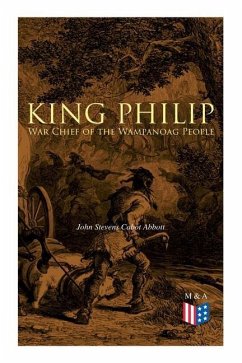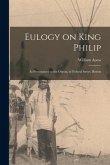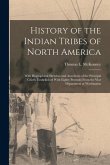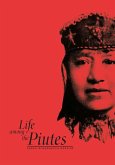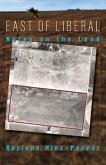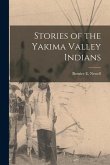Metacomet (1638-1676), also known by his adopted English name King Philip, was chief to the Wampanoag people and the second son of the sachem Massasoit. He became a chief in 1662 when his brother Wamsutta (or King Alexander) died shortly after their father Massasoit. Wamsutta's widow Weetamoo (d. 1676), sunksqua of the Pocasset, was Metacomet's ally and friend for the rest of her life. Metacomet married Weetamoo's younger sister Wootonekanuske. No one knows how many children they had or what happened to them all. Wootonekanuske and one of their sons were sold to slavery in the West Indies following the defeat of the Native Americans in what became known as King Philip's War. Contents: - Landing of the Pilgrims - Massasoit - Clouds of Wart - The Pequot War - Commencement of the Reign of King Philip - Commencement of Hostilities - Autumn and Winter Campaigns - Captivity of Mrs. Rowlandson - The Indians Victorious - The Vicissitudes of War - Death of King Philip - Conclusion of the War

